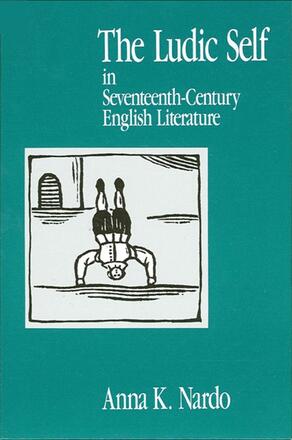
The Ludic Self in Seventeenth-Century English Literature
Alternative formats available from:
Description
This book argues that play offered Hamlet, John Donne, George Herbert, Andrew Marvell, Robert Burton, and Sir Thomas Browne a way to live within the contradictions and conflicts of late Renaissance life by providing a new stance for the self. Grounding its argument in recent theories of play and in a historical analysis that sees the seventeenth century as a point of crisis in the formation of the western self, the author demonstrates how play helped mediate this crisis and how central texts of the period enact this mediation.
Anna K. Nardo is Professor of English Literature at Louisiana State University. She is the author of Milton's Sonnets and the Ideal Community.
Reviews
"The Ludic Self is refreshingly well written in clear prose that details the case for a playful reading of the seventeenth-century writers the text considers. As Nardo points out, many of these authors have been thought of as 'playful' in the past, but I know of no text that provides such a convincing view of their playfulness, in large part because Nardo's view of play is such a useful one and is so carefully and thoroughly presented. At the same time, it is clear that Nardo knows her material, knows the secondary sources, and has a sufficiently strong grounding in theoretical and psychoanalytical texts to provide a cogent and self-assured reading of the seventeenth century through the works she discusses. The reader has full confidence in the stance taken because of that self-assurance. " — James S. Hans, Wake Forest University
"The concept of play is central to the culture of the seventeenth century and to English literature in particular. Ms. Nardo convincingly illustrates its significance to the writers she has chosen, both in their texts and the critical contexts to which they relate. " — Thomas Harrison, University of Pennsylvania